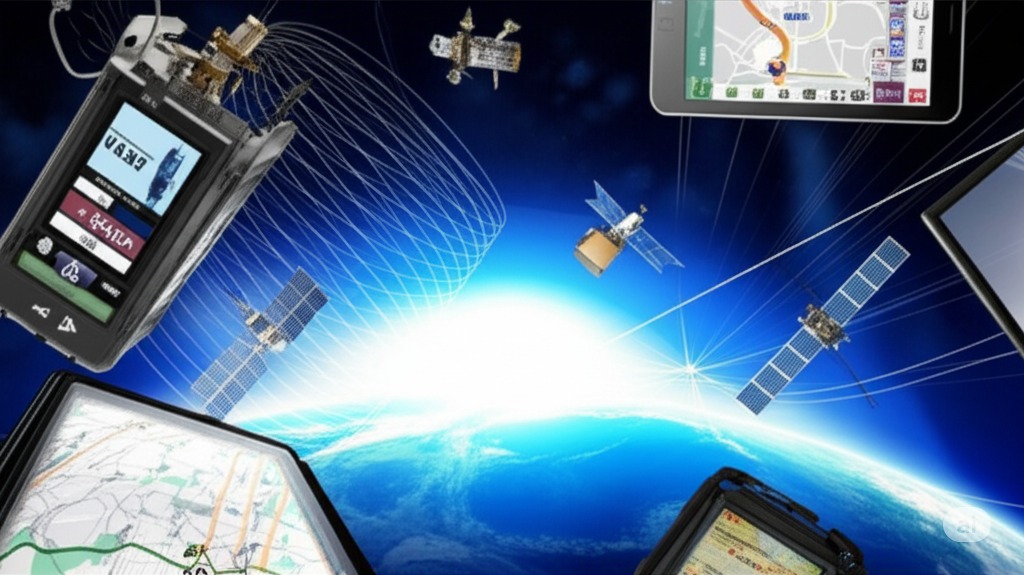Core GPS Business Features
- Real-time vehicle and asset location tracking with 30-second update intervals
- Comprehensive reporting and analytics with customizable dashboards
- Intelligent geofencing with entry/exit alerts and boundary monitoring
- Driver behavior monitoring including speed, harsh braking, and acceleration
- Automated maintenance scheduling and vehicle diagnostics integration
- Route optimization and dispatch management with turn-by-turn directions
- Mobile applications for field personnel and management oversight
- Integration capabilities with existing business systems and software




